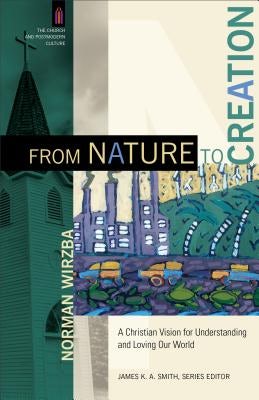From Nature to Creation
$25.00
Unit price
/
Unavailable
Shipping calculated at checkout.
Couldn't load pickup availability
From Nature to Creation


